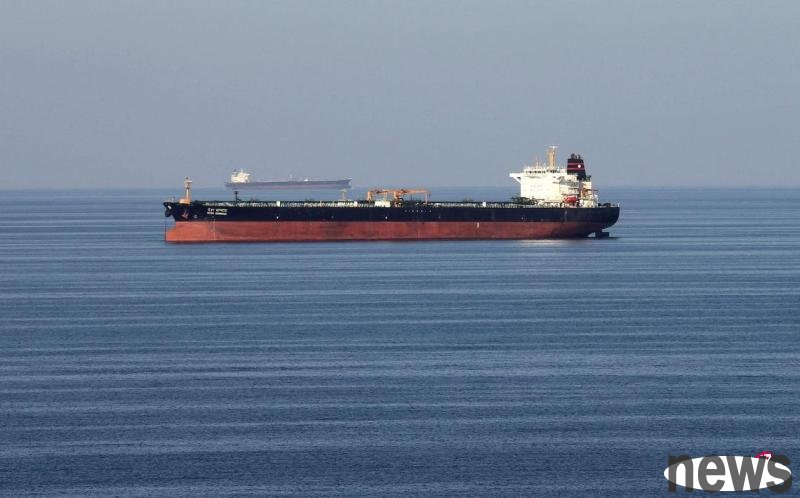
U.S. Defense Secretary Pete Hegseth said on Sunday (22nd) that the air strikes "hardly hit Iran's nuclear program", but some officials pointed out that the degree of damage is still unclear. Earlier, Israel had launched bombings on Iran, causing the situation to heat up further.
Vivek Dhar, a commodity analyst at the Federal Bank of Australia, predicts that if Iran chooses to partially interfere with shipping in the Strait of Hormuz, Brent crude is expected to exceed $100 per barrel.
Some analysts pointed out that even if Iran does not take extreme measures to close the Strait of Hormuz, it will only send a signal that it is "capable of destroying this channel", which may push up shipping costs and thus affect crude oil and natural gas supply.
Brent crude oil and West Texas Intermediate crude oil (WTI) rose more than 4% in the early trading, but then fell slightly. As of 8:30 am Singapore time, Brent crude oil rose 2.2% to $79.20 (about S$102.2) per barrel, while West Texas Intermediate crude oil rose 2.1% to $75.98.
Market analysis pointed out that the oil price impact brought by this air strike will have a substantial negative impact on Asian economies that rely on energy imports. Mitsubishi UFG analysis shows that if the conflict continues, oil prices may rise another $10 a barrel.
The United States launched air strikes on Iran's nuclear facilities, triggering market concerns about the escalation of the Middle East and disruption of energy supply. International oil prices rose in the early trading on Monday (June 23), once soaring more than 4%, setting a five-month high since January this year.
Iran is the ninth largest oil producer in the world, with a daily output of about 3.3 million barrels, less than half of which are used for exports and the rest are used for domestic consumption. Analysts pointed out that if Tehran decides to retaliate, the possible means are to block the Strait of Hormuz. This strategic key channel transports one-fifth of the world's oil.